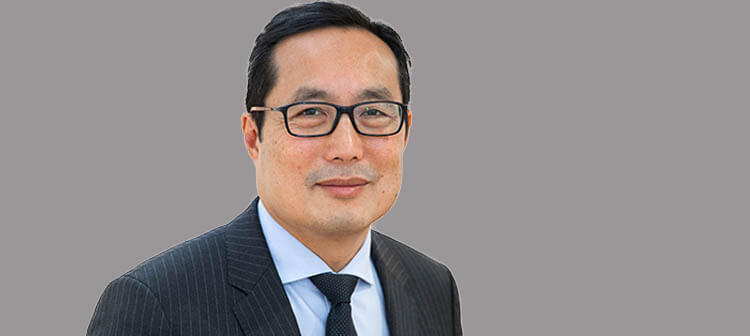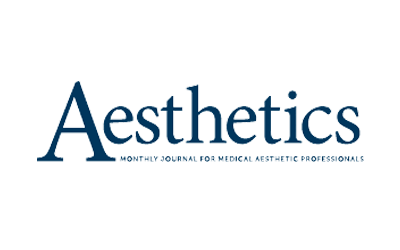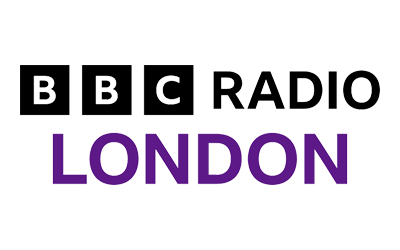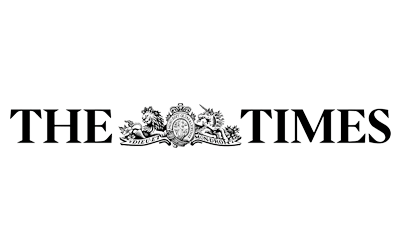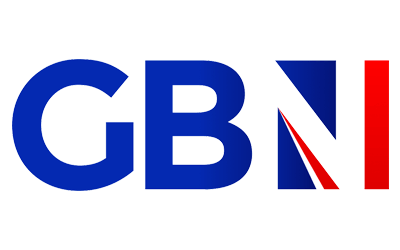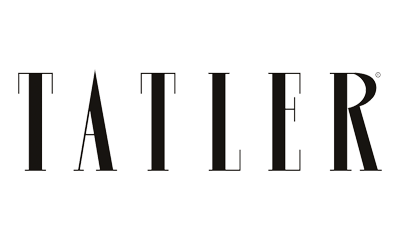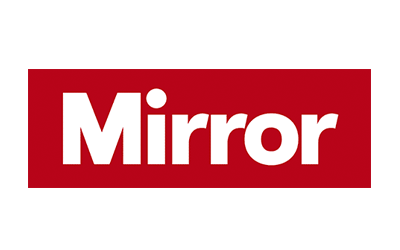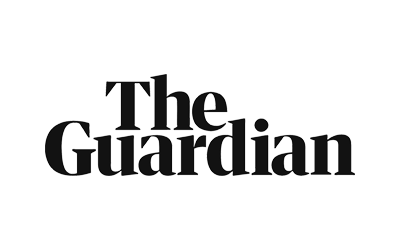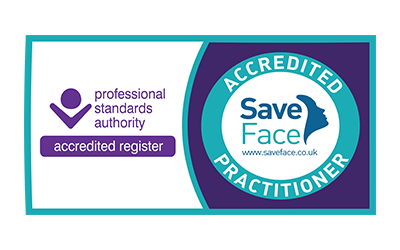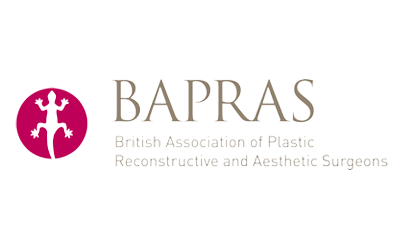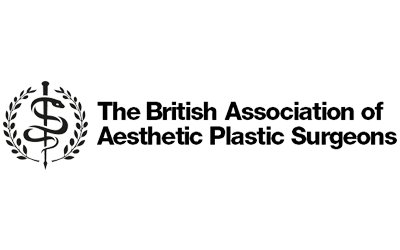What plastic surgery procedures do we offer for Asian men?
Despite differences in ‘ideals’ for men and women in terms of their physical appearance, men now have many of the same cosmetic surgery procedures favoured by women. In common with Asian women, many procedures for Asian men focus on the face.
Our Asian plastic surgery options for men include epicanthoplasty to increase the width of your eyes and Asian rhinoplasty to produce a more angular, European-style nose. We also offer eyebrow lifts for men, helping to counteract wrinkles on your forehead and minimise the appearance of sagging and drooping brows and eyes.
Or, if you’d like to focus on your body instead, we also offer procedures such as tummy tucks and liposuction, specially designed for the male body. We’re committed to helping you to look as good and feel as confident as possible.
Our skilled team also performs a wide range of non-surgical treatments. Many Asian men come to us for jaw and face slimming injections, for example.
Quick Reference
Quick Links
Leading surgeons
We’re fortunate enough to have Mr Mark Ho-Asjoe as our Consultant Plastic Surgeon. A true specialist in Asian plastic surgery, with more than 25 years of experience, he’s one of London’s most in-demand cosmetic surgeons.
Following his graduation from the Royal College of Surgeons in Ireland, he undertook surgical training in the UK. Having made the decision to specialise in plastic surgery, he continued his learning in the UK and in Taiwan, where he studied at Chang Gung Memorial Hospital – a renowned centre for microsurgical reconstructive surgery.
After years of practice, Mr Ho-Asjoe has built up enough experience to become an examiner for the Diploma of Aesthetics Plastic Surgery. He also sits as an Elected Trustee to the BAAPS Council (British Association of Aesthetic Plastic Surgeons) and is an Honorary Lecturer at Hong Kong’s Queen Mary University Hospital.
He has the experience, skill and expertise to achieve the best Asian plastic surgery results possible.
Mr Ho-Asjoe has such a respected reputation that he’s an examiner for the Diploma of Aesthetics Plastic Surgery. He’s also been elected as an Elected Trustee to the BAAPS Council (British Association of Aesthetic Plastic Surgeons), for 2021 to 2023. In addition, he sits on various other plastic surgery bodies, passing his expertise on and staying up to date with the latest thinking in the sector.
Plus, he lectures on plastic surgery in the UK, mainland Europe and Asia – and is an Honorary Lecturer at Hong Kong’s Queen Mary University Hospital.
FAQs on plastic surgery for Asian men
When it comes to plastic surgery, Asian men generally favour certain procedures to enhance the appearance of their eyes or noses.
Epicanthoplasty can give you a bigger, more alert eye shape – by removing the Mongolian fold common among Asian people.
Asian nose surgery normally focuses on creating a larger bridge on the nose. Trimming is most often done at the base of the nose and/or the nostrils.
There are a wide variety of techniques used during plastic surgery for Asian men. We also perform non-surgical treatments – such as jaw and face slimming injections – which achieve pleasing results without the need for invasive procedures.
Whatever procedure you choose to have with us, you can be sure that we put your comfort and the visible results first. We keep up to date with the very latest surgical techniques, helping us to achieve the best results and keep scarring to an absolute minimum.
You won’t feel any pain during the procedure, whether you’re under local or general anaesthetic. If you have local anaesthetic, you might feel some slight discomfort as your surgery takes place, but no pain.
During your recovery period, it’s likely you’ll experience swelling, bruising and/or soreness. But you’ll also receive pain medication to minimise any discomfort.
Depending upon the nature of the surgery you have performed, you might have to avoid certain activities – such as driving or vigorous exercise – for a while. Our team will always provide detailed guidance to help you recover as quickly as possible.

